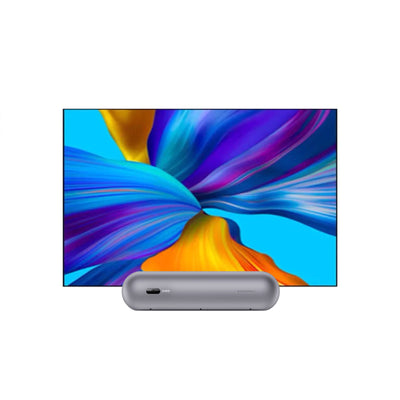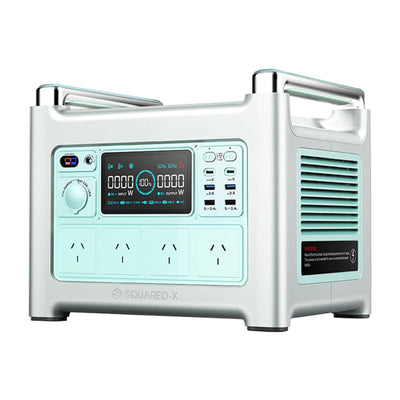6 Things to Consider Before Buying a Home Cinema Projector
In the past, home theater projectors were only used in movie theaters and high-end viewing rooms. However, now that affordable variations of this technology are available, everyday families can enjoy a high-quality viewing experience at home. Although buying a TV is an easy decision, looking at a giant picture from a projector is almost as tempting, and most people will never regret their decision to buy one. Having a projector in your home gives you the same experience as watching a movie in a theater.
The following are some things you should take into consideration if you plan to buy a buy cinema projector:
Display Resolution:
A display's resolution is one of the most important factors. Both DLP and LCD projectors have a fixed number of pixels. If most of what you will watch through a projector is HD, then buy one with a high pixel count. A 1024x768 pixel count is sufficient for DVDs. Displays for 720p HDTV signals require 1280x720 pixels, whereas displays for 1080i HDTV input signals require 1920x1080 pixels.
Lumens:
An important projector specification is lumens, which describes how much light the projector can produce. In turn, this determines how bright the image is and how big it can be. It is generally believed that a projector with 3,000 lumens is brighter than one with 2,000 lumens. Other aspects, such as color accuracy and contrast ratio, are also vital, but for an initial look at potential projectors, see what lumen output is available at your price point.
Laser, lamp, or LED:
Light sources for modern projectors include LEDs, lasers, and UHP lamps. UHP-lamps, essentially high-powered light bulbs, are by far the most common. LED and laser light sources are relatively new to the home theater projection scene. If you compare a $1,000 lamp-based projector with a $1,000 LED or laser projector, the lamp-based projector will be brighter.
Color accuracy and Adjustments:
Of course, you want your projector to display accurate colors. More detailed adjustments result in better color control. A projector with an ISF (Imaging Science Foundation) or THX certification will have good color adjustment features or calibration. Often, their default movie or cinema modes are better than those of non-certified projectors.
Source & Connectivity:
To display movies, games, or any digital image through the projector, you need to connect the projector to the original source, like a laptop or a game console. There are many projectors with VGA ports, which provide you with a range of options, but in order to play games, you usually need an HDMI port.
Value for Money:
Projectors for home entertainment are very reasonably priced, considering their latest technological advantages. It's true that there are expensive projectors on the market, but they do offer a lot of great features. A projector's price is entirely determined by your budget and the features you want; therefore take all aspects into account.
Conclusion:
It is important to remember that the best home theater projector for one person or one room may not be the best for another. The purpose of a projector can vary, so you should choose one that fits your needs in terms of size, brightness, and features. Don’t judge a projector on its price alone, choose one that meets your needs, and exceeds your expectations when given the right environment & right setup.
Want to buy a cinema projector? Coodoo Home is your go-to online store for affordable Home Cinema Projectors and more including XGIMI and JMGO.
















